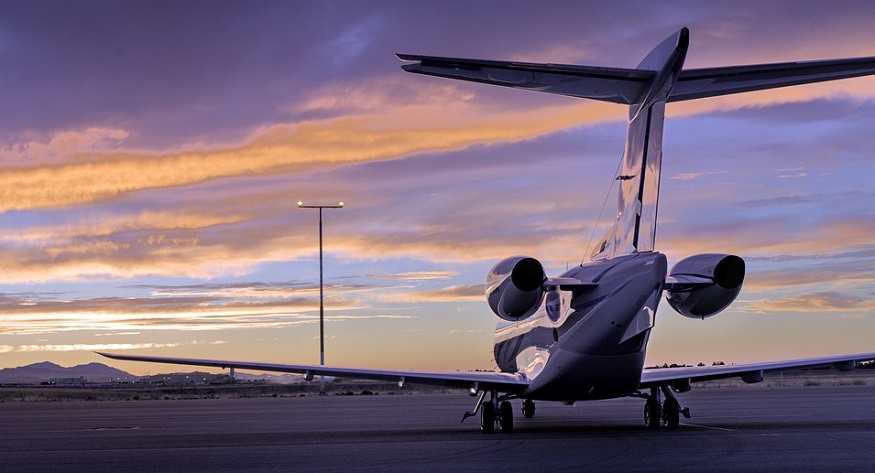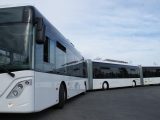
Project Fresson to demo hydrogen fuel cell aircraft next year
April 2, 2021The UK consortium is working to create a zero-emission plane to demonstrate next year.
Project Fresson, a consortium from the United Kingdom, is working on constructing a hydrogen fuel cell aircraft that it intends to complete in 2022.
The plane will be a conversion of a nine-passenger Britten-Norman Islander into zero-emission power.
The hydrogen fuel cell aircraft will be among the first in the world to fly using H2 power for an emission-free flight. This is a growing trend as the world seeks alternatives to jet fuel and other heavy polluting fossil fuels.
“This project can deliver the world’s first truly ‘green’ passenger carrying airline services,” said Cranfield Aerospace Solutions chief executive officer Paul Hutton. That company currently heads the project consortium, which announced two additional members at the start of this week.
Ricardo UK Ltd, the engineering consultancy, will be providing the fuel cell system development expertise for the project. Innovatus Technologies Ltd will provide its proprietary Scottish Hydrogen Fuel Tank (SHyFT) technology to the craft.
Together, the consortium members are aiming to build a hydrogen fuel cell aircraft before next year is through.
The outcome will be an H2 powered, emission-free flying prototype that will be ready for demonstration by September 2022.
“Project Fresson is more than just a technology demonstrator; it has one focus above all others: real operational and commercial viability,” said Jenny Kavanagh, the chief strategy officer at Cranfield Aerospace Solutions.
Once the tech has been evaluated and recent advances in H2 tech have been taken into consideration, the consortium feels that fuel cells are the top option for meeting the regulatory, operational and requirements for a plane with the dimensions and weight of the Britten-Normal Islander. This will make it possible to fly without producing any carbon emissions.
Initially, the project had been considering the development of a purely battery electric plane, or one with electric range extender options, according to the project’s website. The latest update will make it  a purely hydrogen fuel cell aircraft, causing Rolls-Royce to step out of the consortium, as this has changed the nature of the technology being used.
a purely hydrogen fuel cell aircraft, causing Rolls-Royce to step out of the consortium, as this has changed the nature of the technology being used.



 With over 15 years of reporting hydrogen news, we are your premier source for the latest updates and insights in hydrogen and renewable energy.
With over 15 years of reporting hydrogen news, we are your premier source for the latest updates and insights in hydrogen and renewable energy.